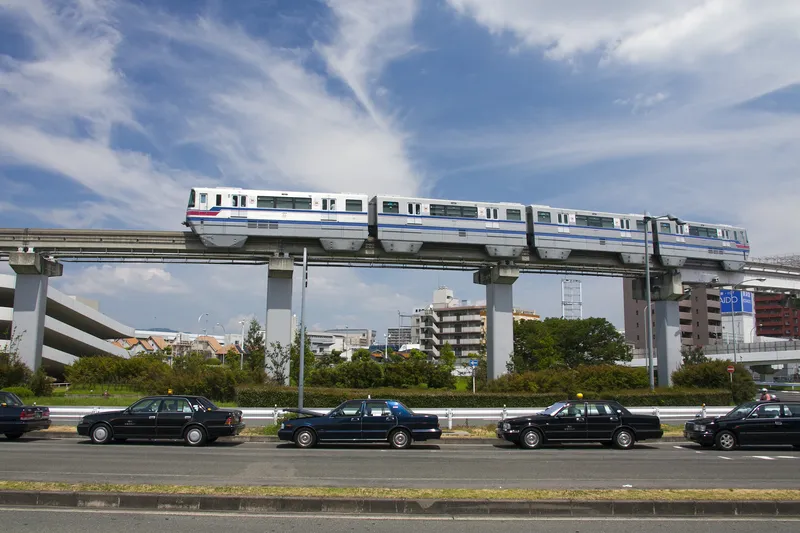Cubic Transportation Systems (CTS) and Transport for London (TfL)’s contactless bankcard system have been awarded the Most Innovative Transport Project prize at the recent National Transport Awards, the seventh major award this year for Cubic and TfL’s contactless system.
Launched in 2012, the contactless bankcard system was extended in 2014 to cover London’s entire transit network – including Tube, rail, bus and tram services. Since the introduction of the contactless payment scheme, more than 180 milli
October 9, 2015
Read time: 2 mins
Launched in 2012, the contactless bankcard system was extended in 2014 to cover London’s entire transit network – including Tube, rail, bus and tram services. Since the introduction of the contactless payment scheme, more than 180 million contactless journeys have been made across the network.
Cubic played a major role in the development of the payment system, spending three years researching and developing the Tri-Reader 3 to process contactless-enabled bankcards. It is also the first reader in the transport industry certified to read Oyster cards, Integrated Transport Smartcard Organisation (ITSO) cards and Near Field Communication (NFC)-enabled devices.
“This latest win is the result from more than 30 years of research and strong partnership with TfL. The project introduced a ground-breaking technology that worked effectively from the outset and from a technical, operational and customer perspective,” said Matt Cole, president of Cubic Transportation Systems. “The technology provides a chance for a worldwide game changer to modernise the thinking about the need for tickets, and how to achieve interoperability between different public transport operators.”
The success of contactless bankcard payment is best represented by the fact that within one year of the launch, more than 20 percent of journeys are made using contactless bankcard payments every weekday. Furthermore, bankcards from 77 different countries have been used on the London system, bringing a new level of convenience for the millions of visitors who visit London each year.








